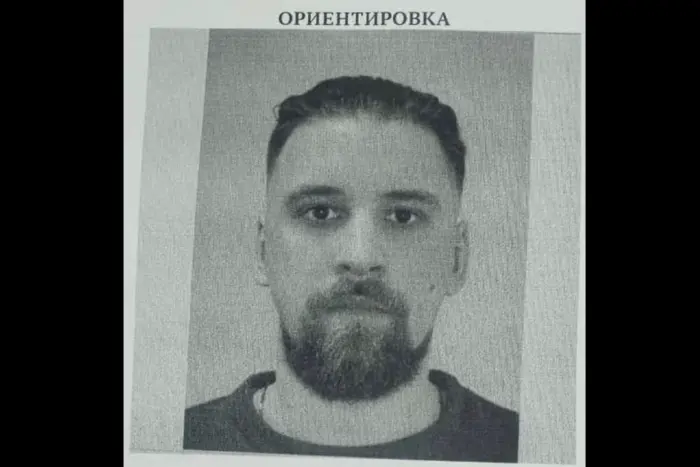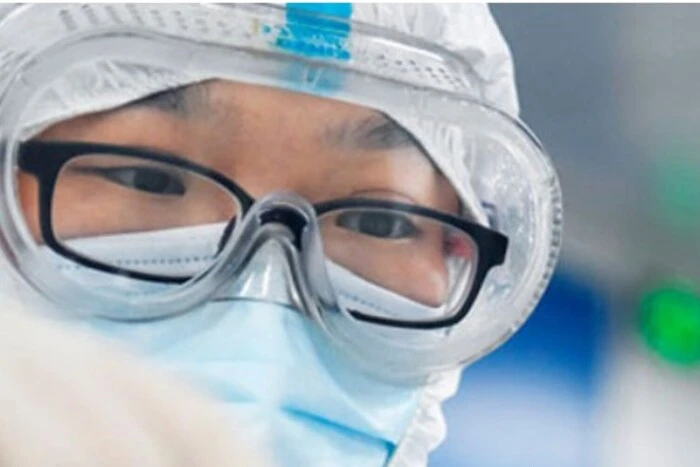Bridge Collapse in Bryansk Region: New Details Emerged.


On the night of June 1, a terrible bridge collapse occurred with vehicles in the Bryansk region during the movement of a passenger train from Moscow to Klimov. According to official sources, 7 people died as a result of the accident, including three children, while another 35 were injured. One of the injured children was hospitalized in Moscow, reported the governor of Bryansk region, Alexander Bogomaz.
According to Russian media, two passengers and two locomotive crew members died, and there are also two people in serious condition, including a 5-month-old infant.
It should be noted that the bridge collapse occurred simultaneously with the movement of the train, which collided with the collapsed bridge, blocking the roadway. As a result of the accident, the driver and his assistant were killed, and the first car of the train was severely damaged.
Fire at the Factory in St. Petersburg
On the night of May 29, a fire broke out at the 'Avangard' factory in St. Petersburg, where electronics are manufactured. The fire spread over an area of 100 square meters on the fifth floor of a six-story building. The fire has been localized, but its complete extinguishment is still ongoing. The causes of the fire remain unknown.
The news about the tragic bridge collapse in the Bryansk region and the fire at the 'Avangard' factory in St. Petersburg shocked Russia. Both incidents resulted in human casualties and material losses. The causes of these events are still being established, and those responsible for them must be found in order to avoid similar situations in the future.
Read also
- Fine up to 17 thousand hryvnias: Ukrainians face punishment due to money
- Arson of Starmer's property. Another suspect arrested in London
- Teachers to receive increased allowances: who will get more starting in September
- Operation 'Spiderweb'. Russians have declared the truck owner wanted: he is allegedly Ukrainian
- The rescued stork chick Katryusha has a 'stepbrother'
- Chinese scientists have found a revolutionary way to prolong the lives of cancer patients










